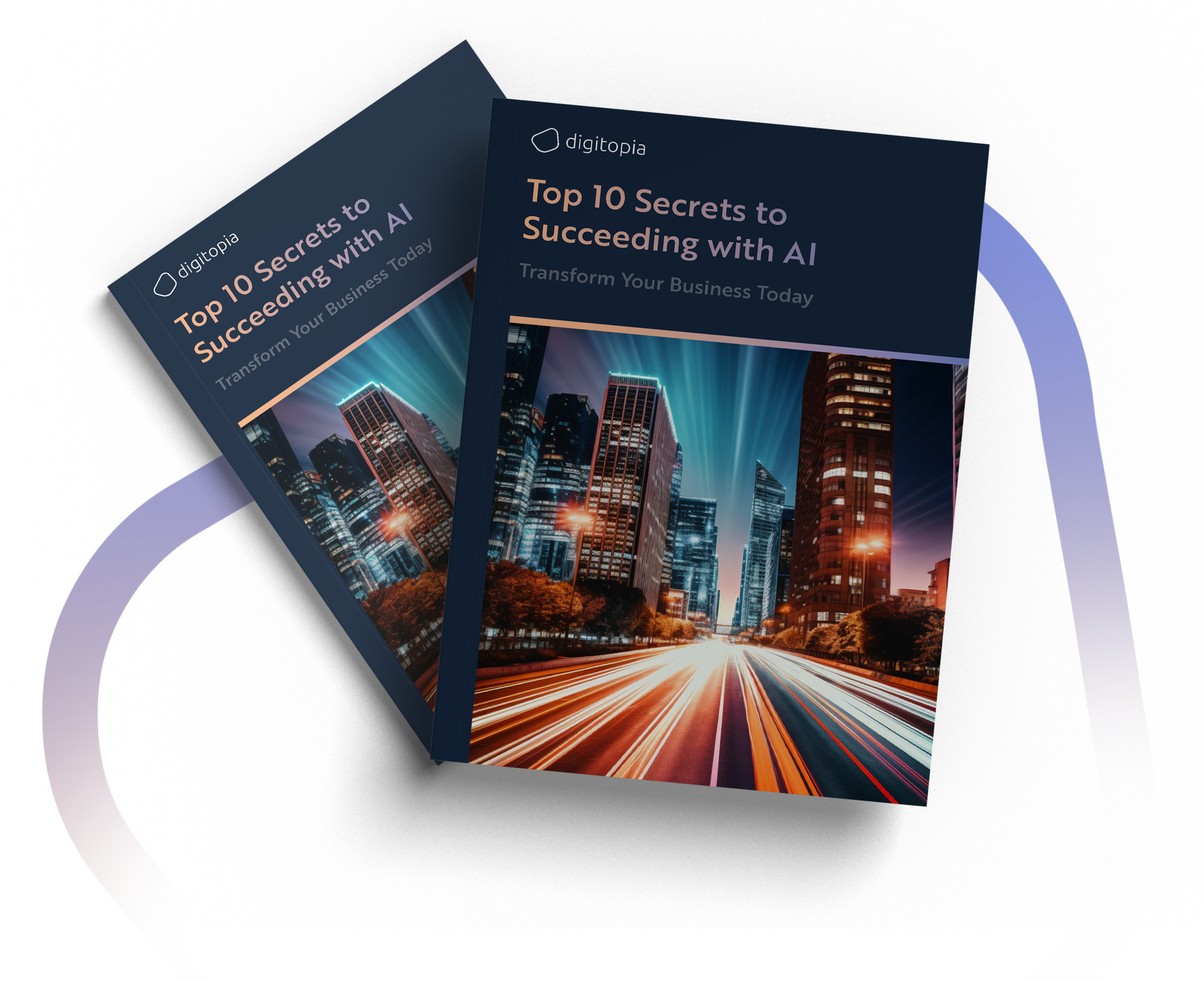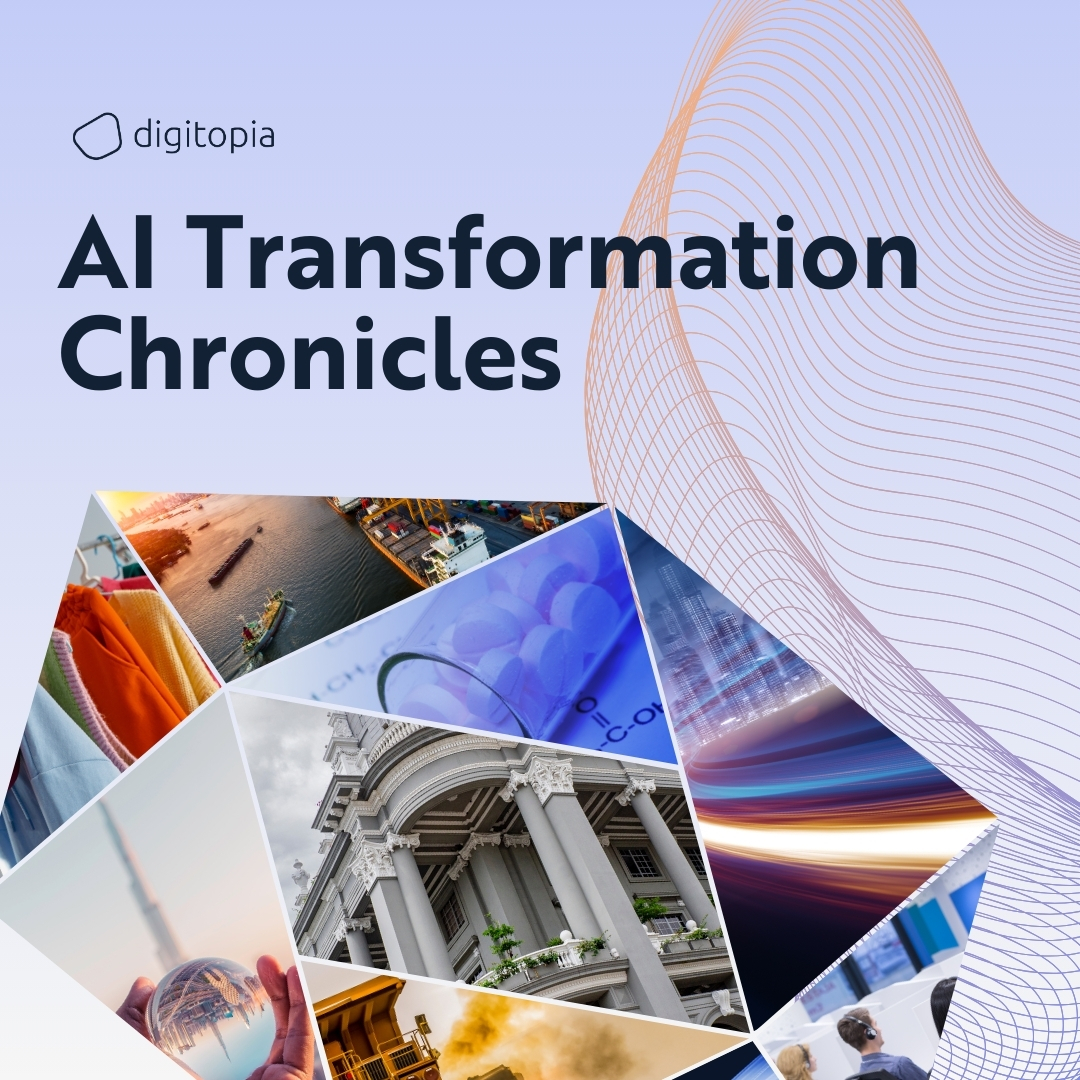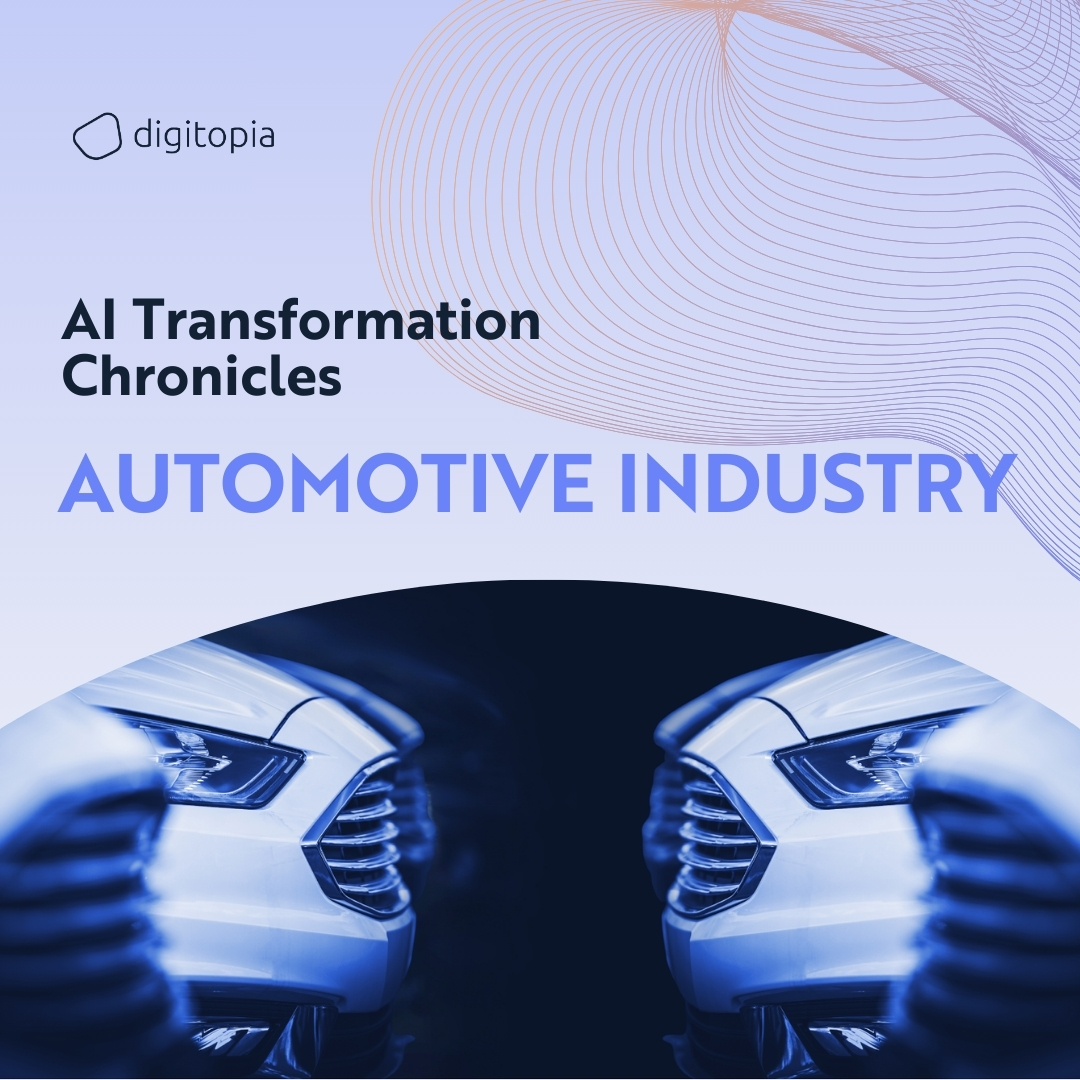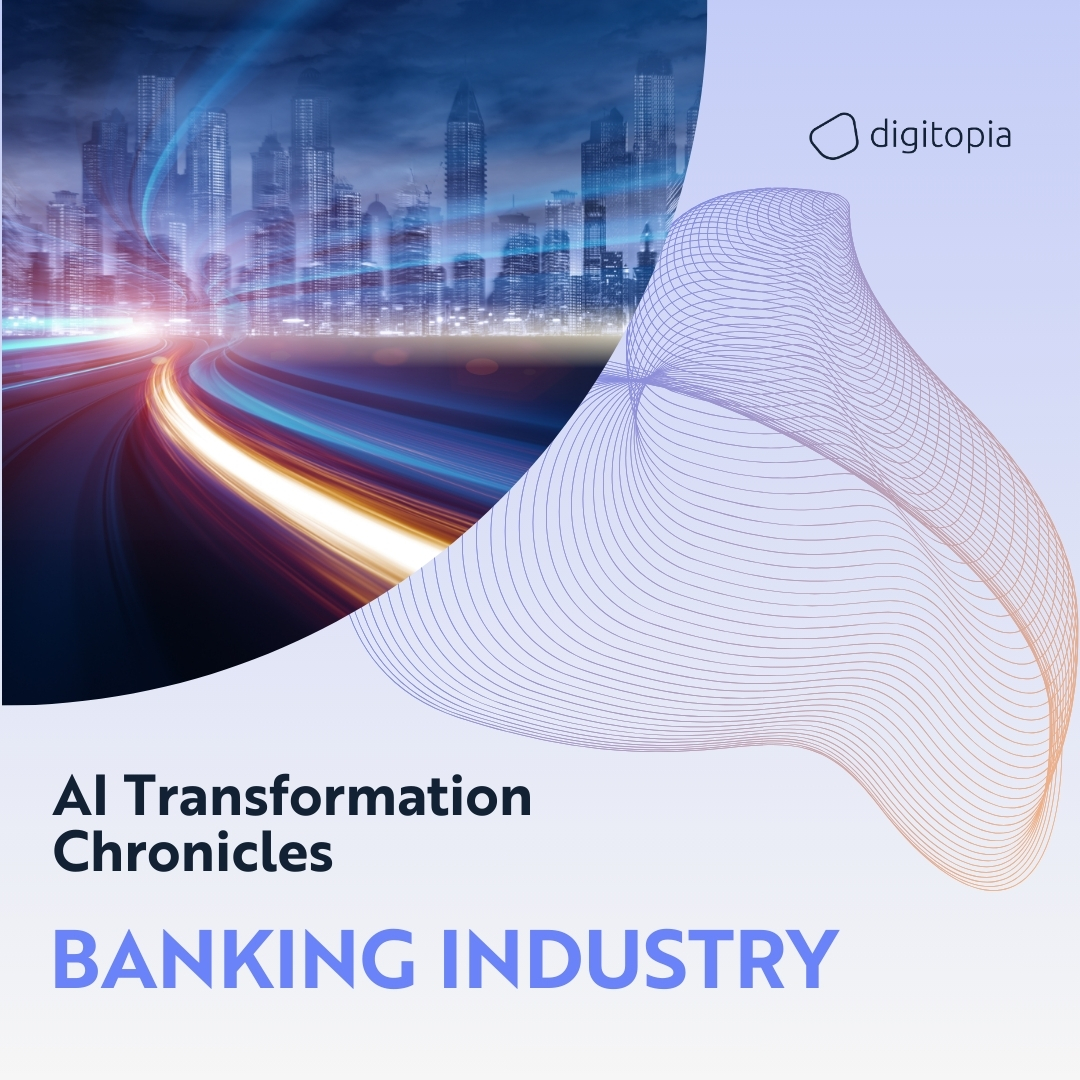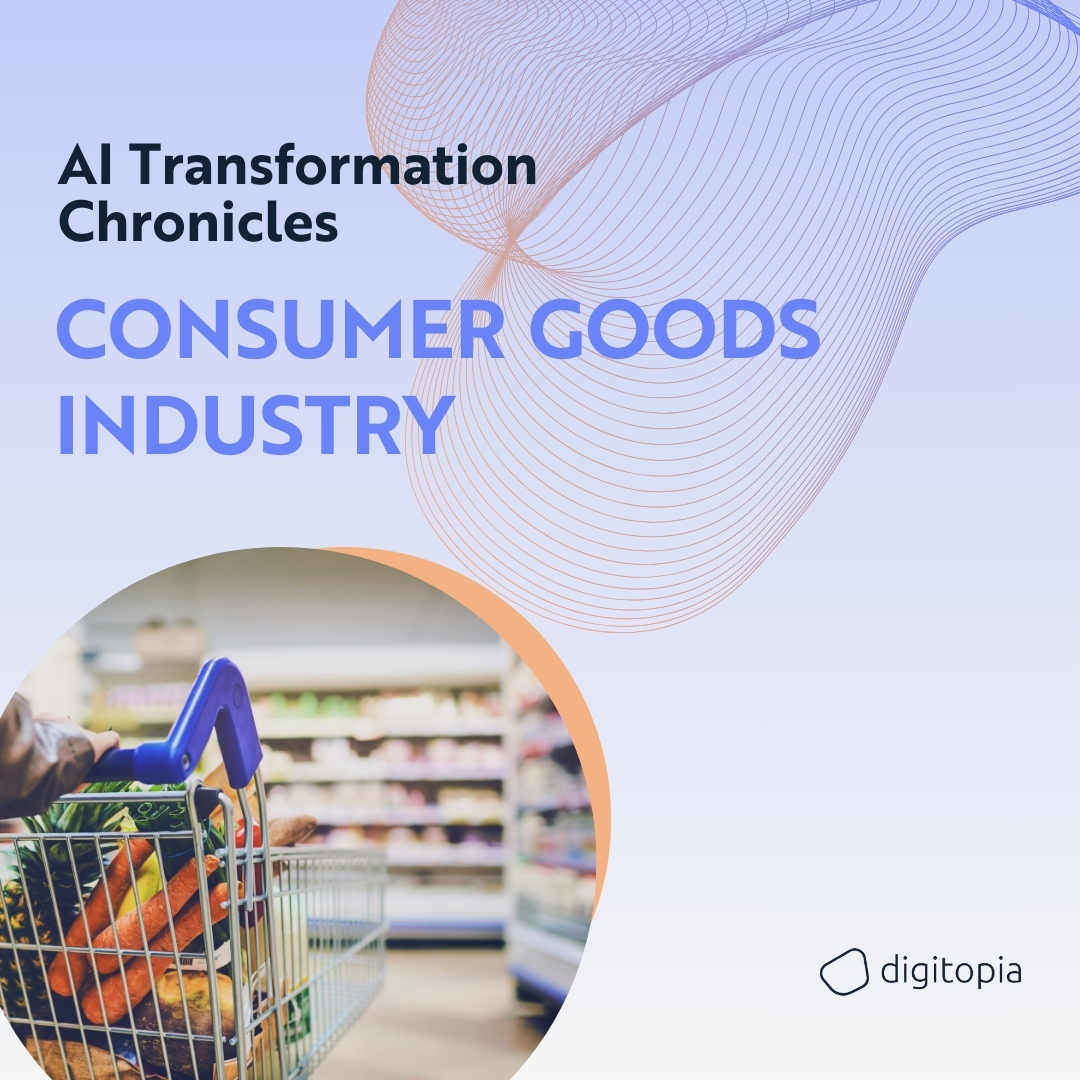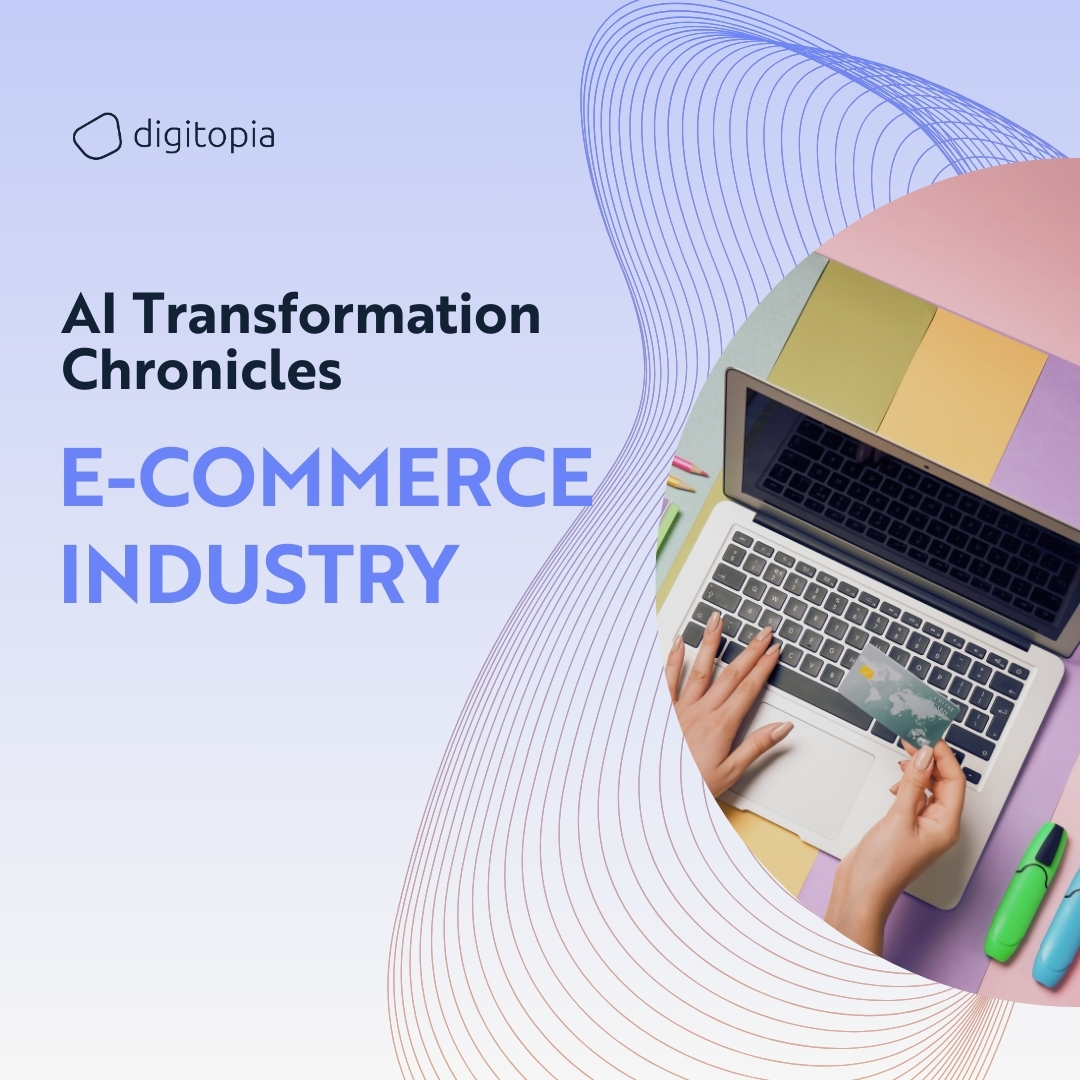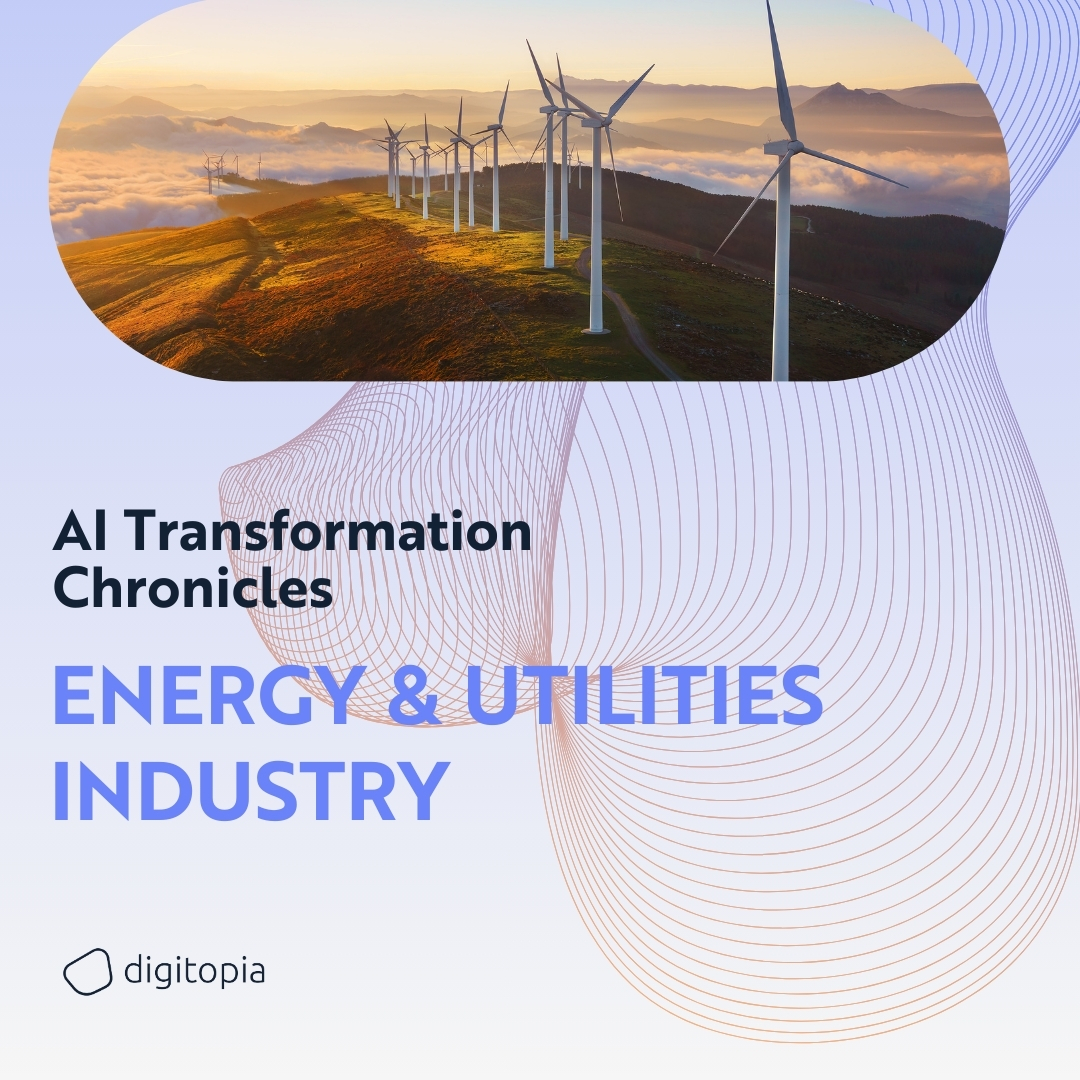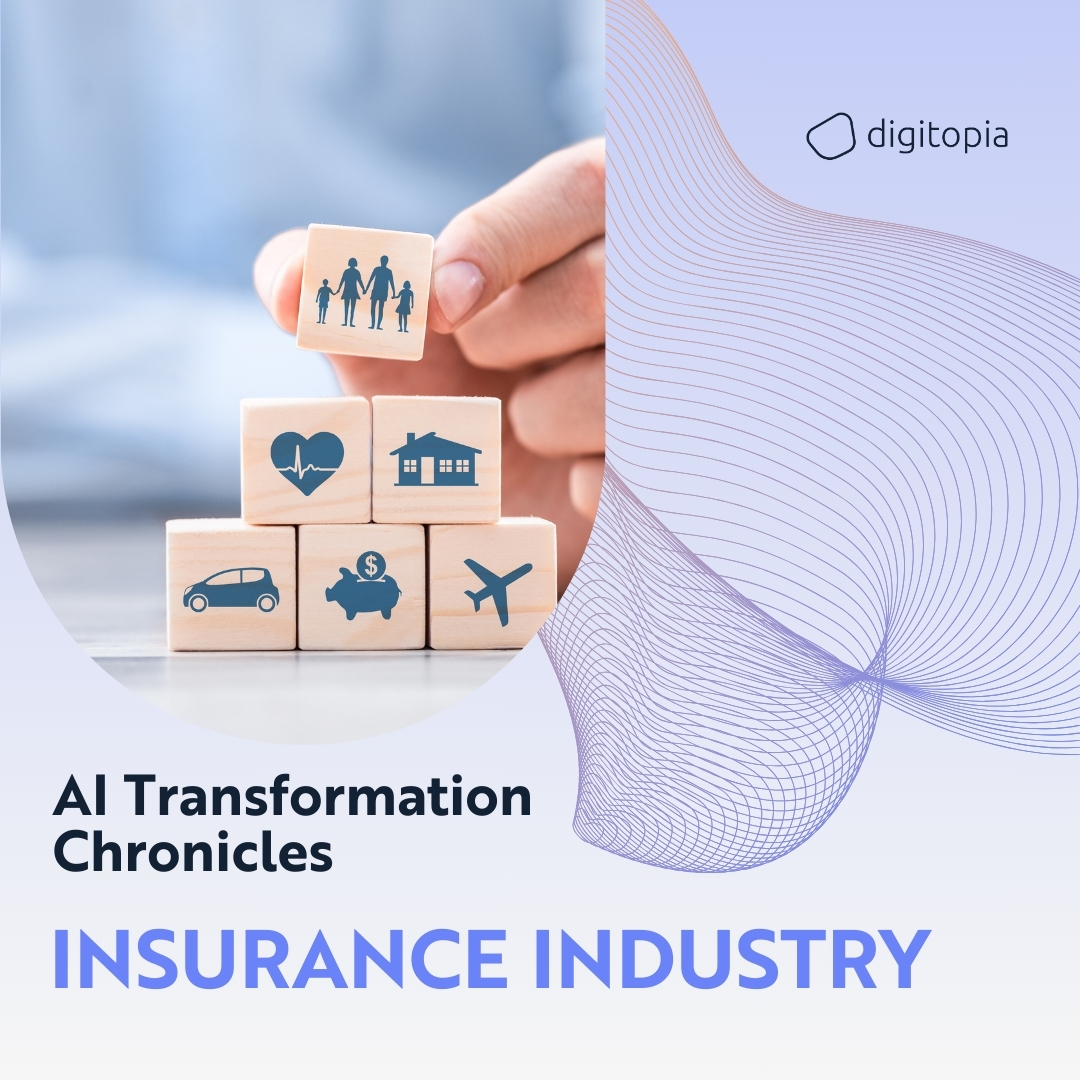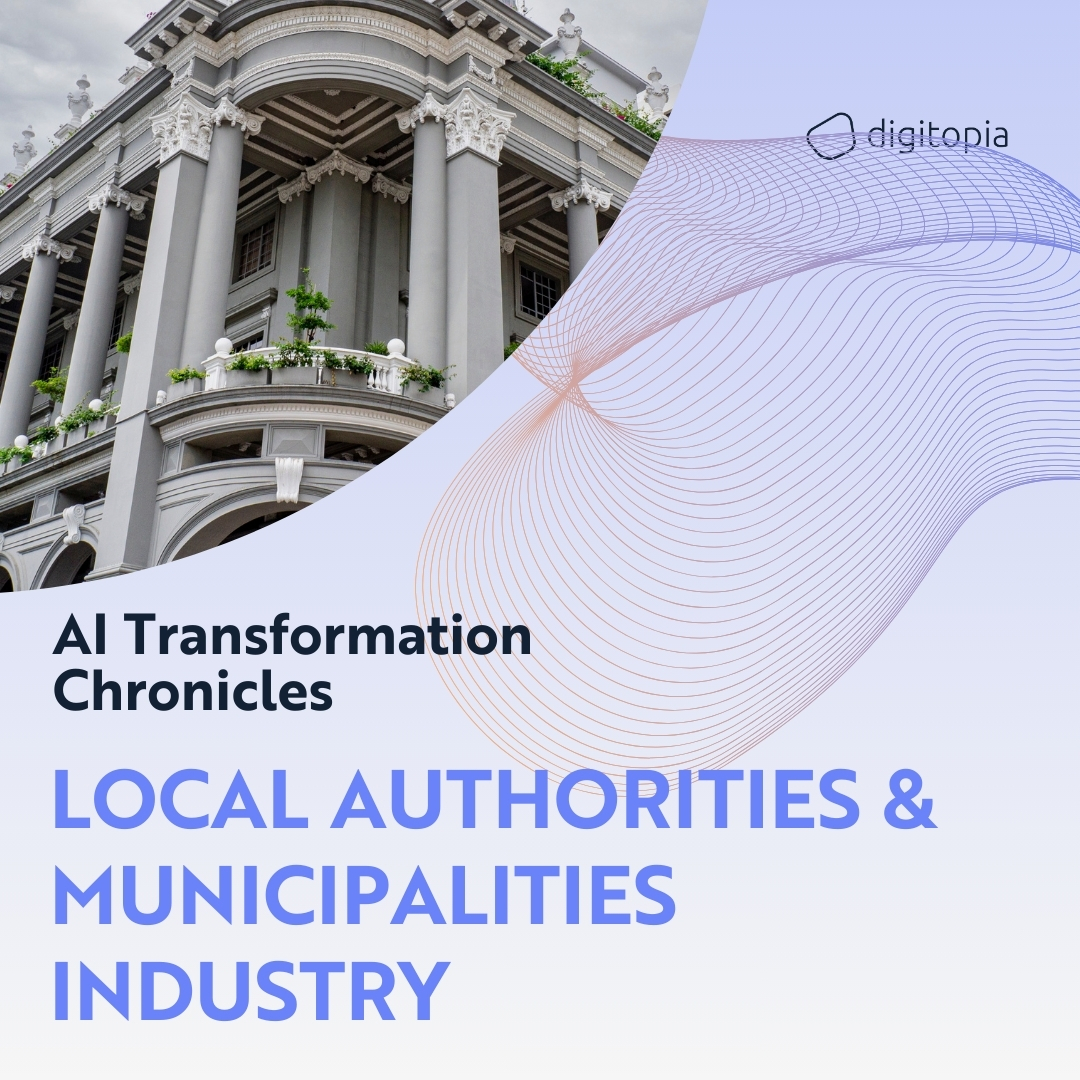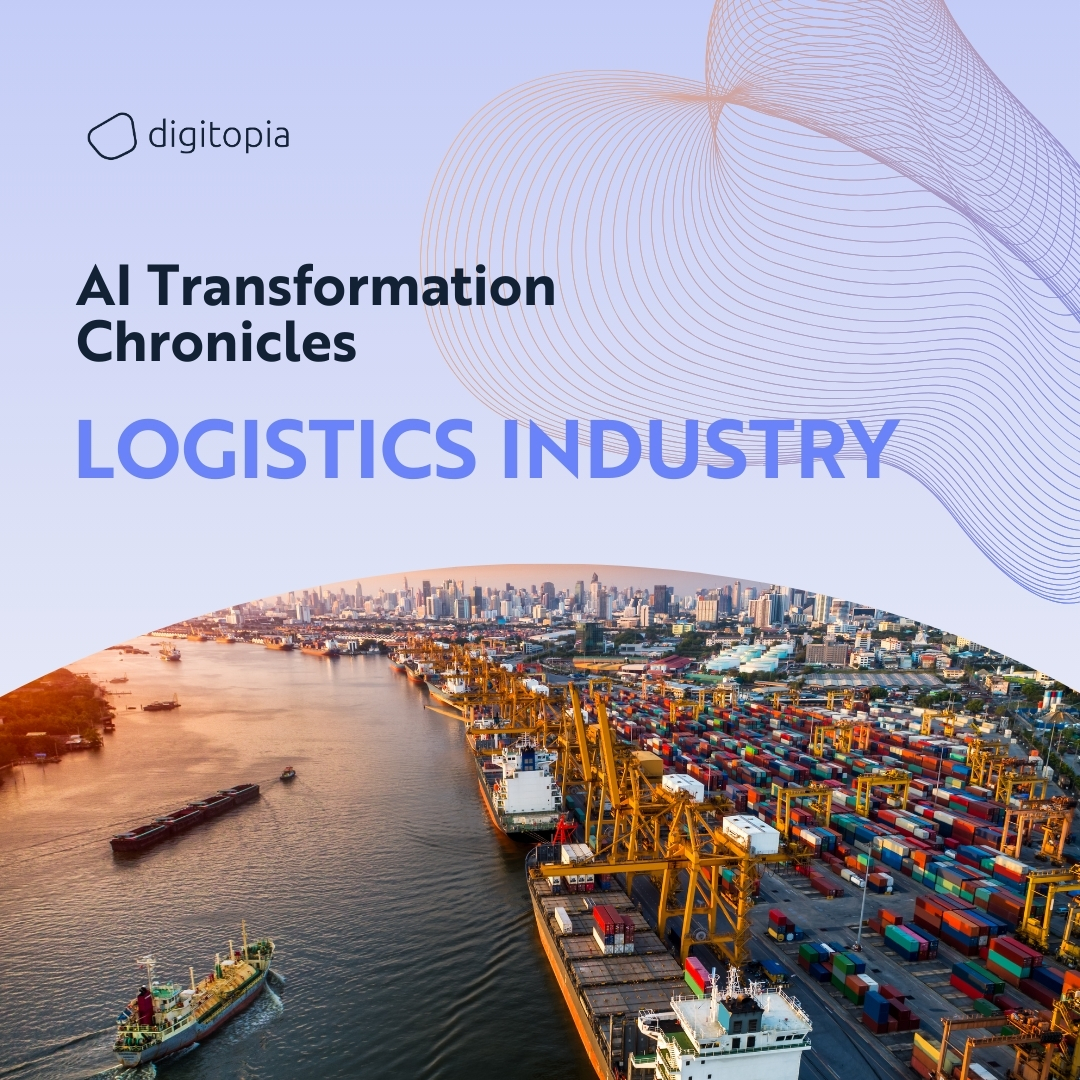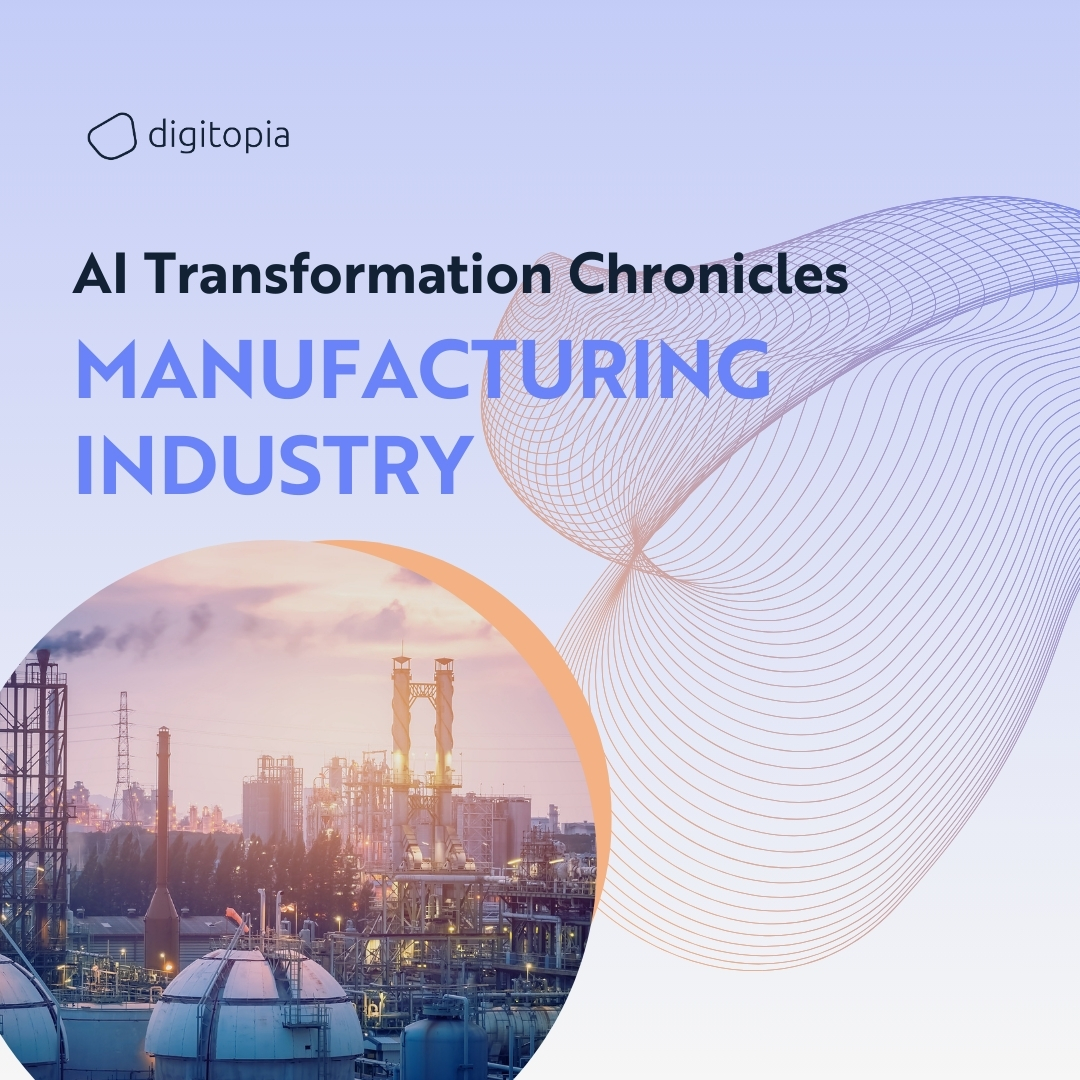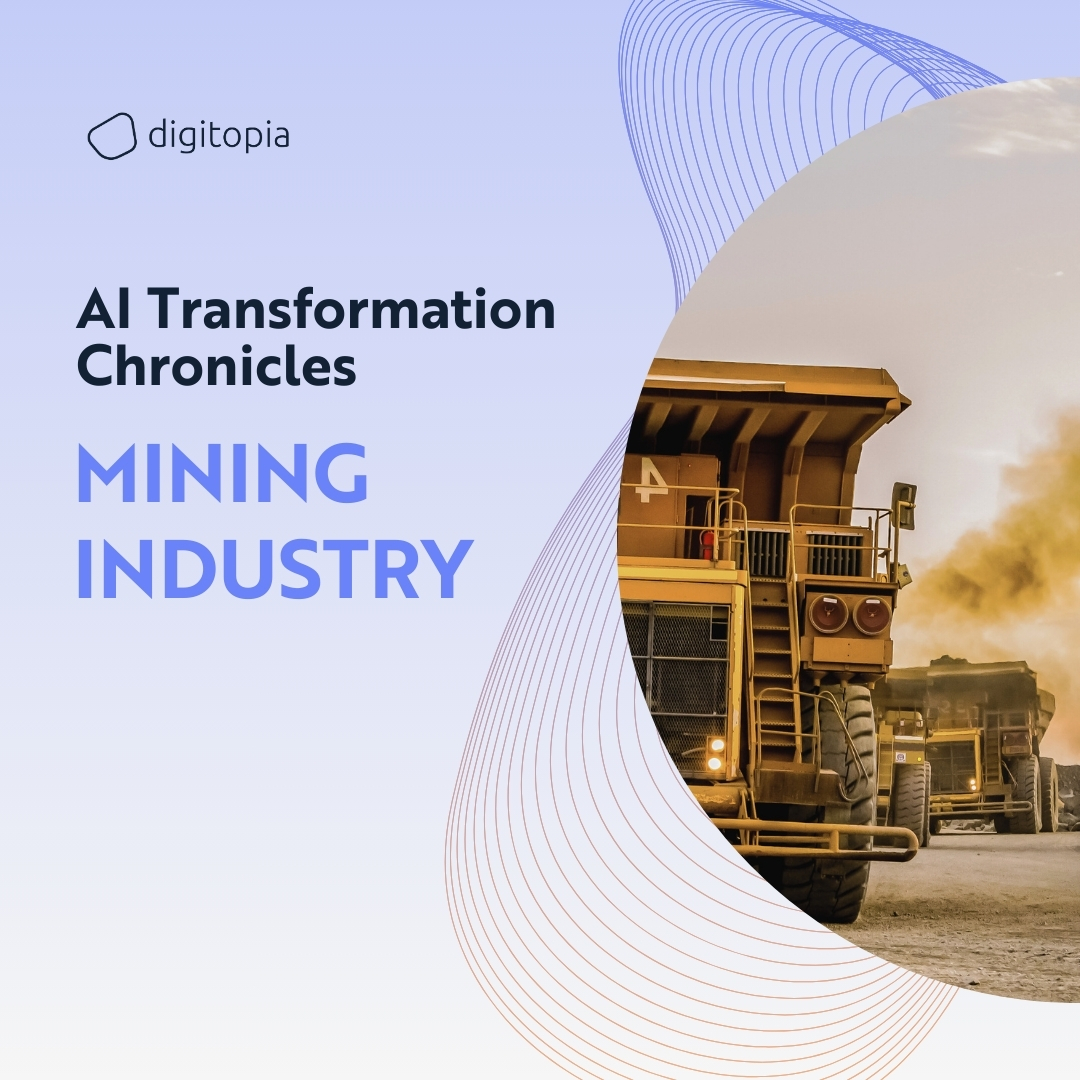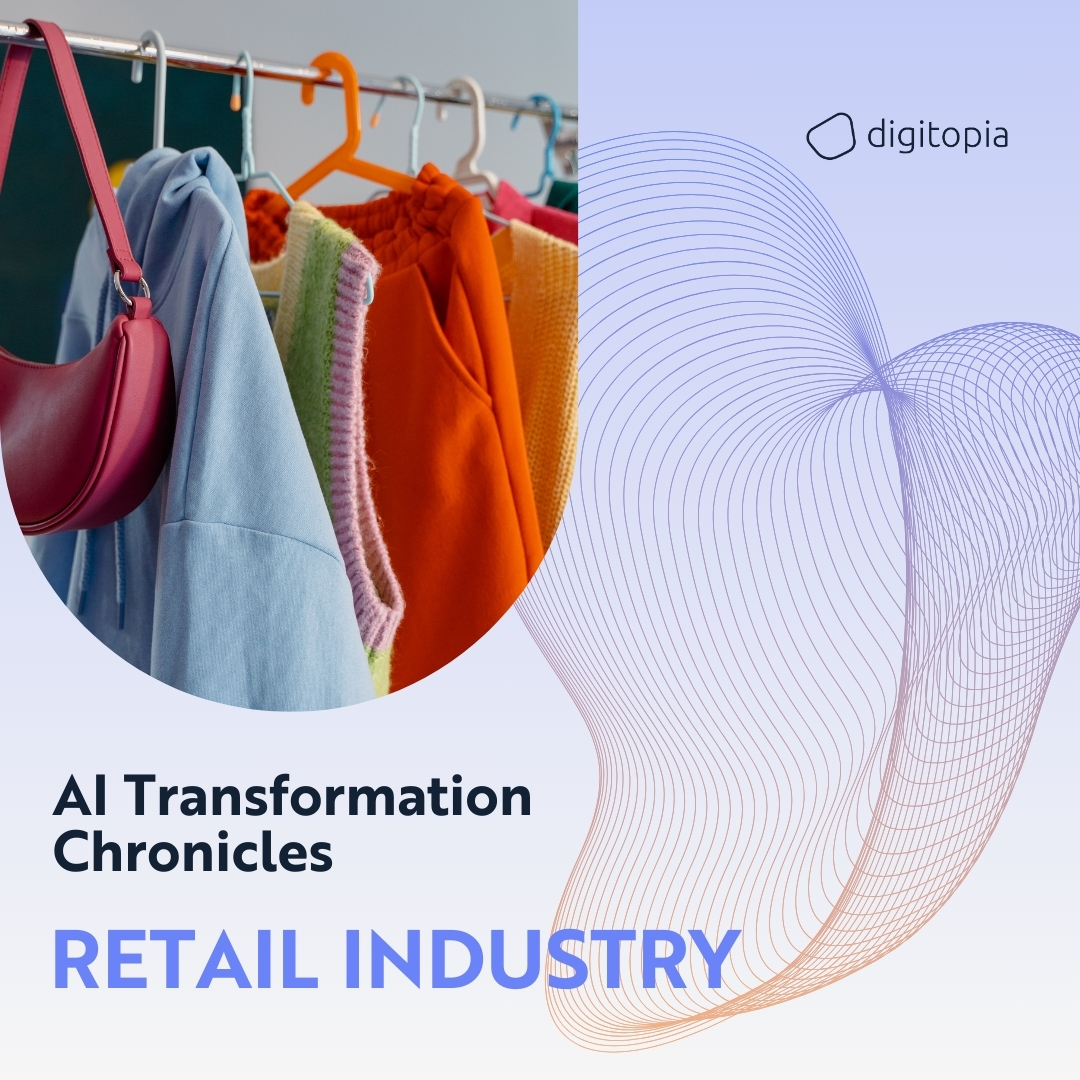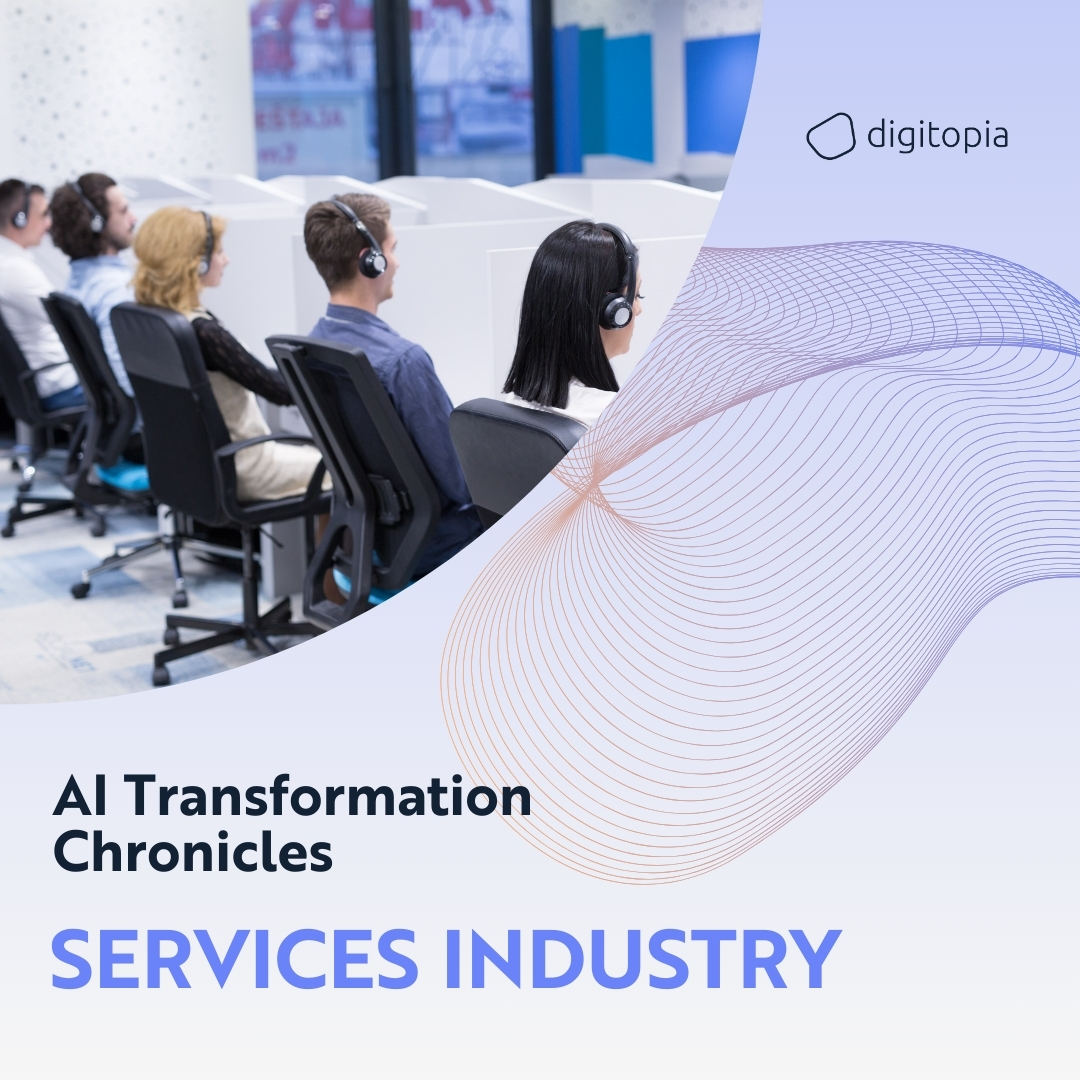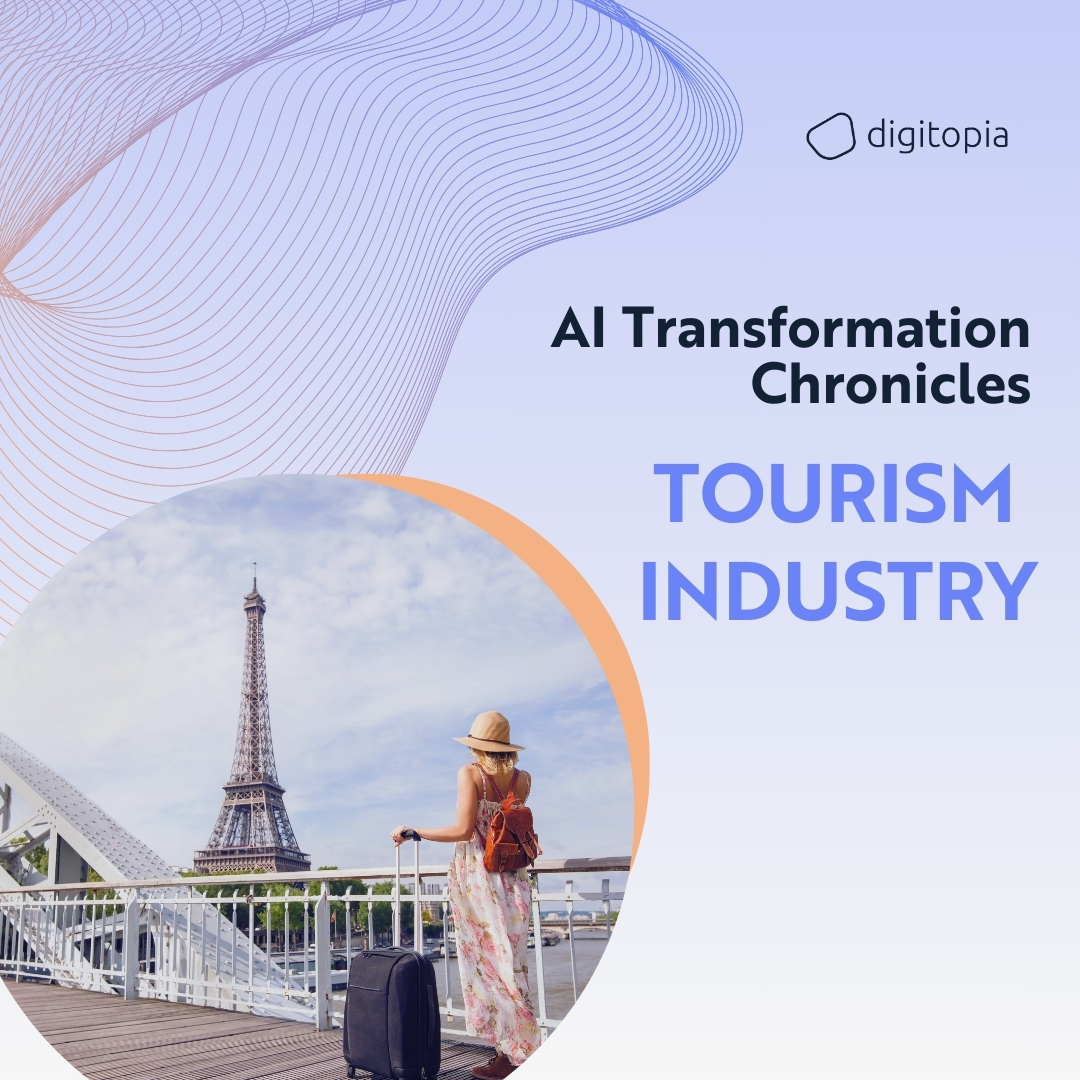
The services industry, encompassing sectors such as law firms, consulting, cleaning services, and security services, is on the cusp of a profound transformation driven by Artificial Intelligence (AI). Despite being traditionally human-labor intensive, these industries stand to benefit immensely from AI’s ability to automate, streamline, and enhance many tasks. However, overcoming entrenched mindsets and habits remains a critical challenge. Discover the transformative power of AI in professional services, from essential mindset shifts to the importance of reskilling, key use cases, and inspiring success stories showcasing AI’s impact across the industry.
The Promise of AI in the Services Industry
AI offers unprecedented opportunities to revolutionize the services industry by automating routine tasks, improving efficiency, and freeing up human resources for higher-value roles. From legal research and document review to client management and security monitoring, AI-driven solutions are enabling service providers to operate more efficiently and deliver superior value to their clients. The key to unlocking these benefits lies in shifting mindsets and embracing AI as a catalyst for change.
Learn More: Top 10 Secrets to Succeeding with AI
Our comprehensive ebook provides actionable insights, real-world case studies, and proven strategies to help you integrate AI into your operations and drive growth.
Download Now
Key Use Cases in the Services Industry
AI is transforming the services industry by automating routine tasks, enhancing operational efficiency, and freeing up human resources for higher-value roles. From legal document review and client management in law firms to smart scheduling and quality control in cleaning services, and advanced surveillance in security services, AI is revolutionizing how these industries operate. By embracing AI-driven solutions, service providers can overcome traditional challenges, deliver superior value to clients, and stay competitive in an evolving market. This section explores the most impactful AI use cases across various service sectors, demonstrating the vast potential of AI to drive innovation and excellence.
Law Firms and Consulting
- Automated Document Review: AI-powered tools can quickly analyze and review large volumes of legal documents, identifying relevant information and flagging potential issues. This significantly reduces the time and cost associated with manual document review.
- Predictive Analytics: AI algorithms can analyze past cases and outcomes to predict the likelihood of success for new cases, helping law firms strategize more effectively. In consulting, predictive analytics can identify market trends and opportunities, enabling data-driven decision-making.
- Client Management: AI-driven CRM systems can manage client interactions, track case progress, and automate routine communications, enhancing client satisfaction and improving service efficiency.
Cleaning Services
- Automated Cleaning Robots: AI-powered robots can perform routine cleaning tasks in offices, hotels, and other facilities, ensuring consistent quality and freeing up human workers for more complex tasks.
- Smart Scheduling: AI systems can optimize cleaning schedules based on usage patterns, ensuring that areas are cleaned at the most appropriate times, improving efficiency and resource allocation.
- Quality Control: AI-driven quality control systems can monitor cleaning standards in real-time, identifying areas that need attention and ensuring high service quality.
Security Services
- AI-Powered Surveillance: AI-enhanced surveillance systems can monitor security footage in real-time, detecting unusual activities and potential threats more accurately than human operators.
- Predictive Security Analytics: AI can analyze historical security data to predict potential risks and vulnerabilities, allowing security firms to take proactive measures.
- Access Control Systems: AI-driven access control systems can manage and monitor entry points, ensuring that only authorized personnel gain access to secure areas.
Powerful Success Stories in AI-Driven Services
The AI revolution in the services industry is already underway, with leading companies demonstrating the transformative power of artificial intelligence. These success stories illustrate the significant benefits of AI adoption, from enhanced operational efficiency to improved client satisfaction.

Clifford Chance – Law Firm (Automated Document Review)
Challenge: Clifford Chance, a leading global law firm, faced the challenge of managing large volumes of legal documents for review, which was time-consuming and costly.
Solution: Clifford Chance implemented an AI-powered document review system that uses natural language processing to analyze legal documents, identify relevant information, and flag potential issues. This system significantly reduces the time and effort required for document review.
Benefits: The AI-driven document review system has dramatically improved efficiency and accuracy at Clifford Chance. The firm can now handle larger caseloads with greater speed, reducing costs and improving client satisfaction. This innovative approach has positioned Clifford Chance as a leader in leveraging AI for legal services.

ISS – Cleaning Services (Automated Cleaning Robots)
Challenge: ISS, a global leader in facility services, needed to enhance the efficiency and consistency of its cleaning operations while reducing labor costs.
Solution: ISS deployed AI-powered cleaning robots across its client sites. These robots perform routine cleaning tasks such as vacuuming and floor scrubbing, ensuring high-quality service and freeing up human workers for more complex tasks.
Benefits: The implementation of AI-driven cleaning robots has significantly improved operational efficiency and service quality at ISS. The company has reduced labor costs and enhanced client satisfaction by providing consistent and reliable cleaning services. This innovative use of AI has positioned ISS as a forward-thinking leader in the cleaning services industry.

Securitas – Security Services (AI-Powered Surveillance)
Challenge: Securitas, a global security services provider, needed to enhance its surveillance capabilities to detect and respond to security threats more effectively.
Solution: Securitas implemented AI-enhanced surveillance systems that monitor security footage in real-time, using advanced algorithms to detect unusual activities and potential threats. These systems alert security personnel to potential issues, enabling swift and accurate responses.
Benefits: The AI-driven surveillance systems have significantly improved security monitoring and threat detection at Securitas. The company can now provide more effective and proactive security services, reducing risks and enhancing client trust. This innovative approach has strengthened Securitas’s position as a leader in AI-powered security services.
Key Recommendations for Successful AI Transformation in the Services Industry
Achieving successful AI transformation in the services industry requires a strategic approach, strong leadership, and a commitment to continuous improvement. Overcoming entrenched mindsets and fostering a culture of innovation are critical to unlocking AI’s potential. By investing in reskilling and upskilling personnel, prioritizing high-impact AI use cases, and leveraging ecosystem partnerships, service providers can navigate the challenges of AI adoption. These key recommendations provide a roadmap for service industry leaders to drive efficiency, enhance client satisfaction, and achieve sustainable growth in an increasingly competitive market.
- Foster a Mindset Shift: Encourage a culture of innovation and openness to change. Overcome resistance by demonstrating the tangible benefits of AI and highlighting successful case studies.
- Invest in Reskilling and Upskilling: Develop comprehensive training programs to equip employees with the skills needed to work alongside AI technologies. Focus on moving personnel into higher-value roles that leverage their expertise.
- Demonstrate Leadership and Commitment: Executives must lead by example, showing consistency and persistence in AI initiatives. Communicate a clear vision and strategy for AI adoption to gain buy-in from all levels of the organization.
- Prioritize High-Impact Use Cases: Identify and focus on AI projects that deliver measurable value and address key business challenges. Build momentum with quick wins to demonstrate the potential of AI.
- Leverage Ecosystem Partnerships: Collaborate with technology providers, academic institutions, and industry consortia to accelerate AI adoption and innovation. Share knowledge and resources to overcome implementation challenges.
Achieving successful AI transformation in the services industry requires a strategic approach, strong leadership, and a commitment to continuous improvement. Overcoming entrenched mindsets and fostering a culture of innovation are critical to unlocking AI’s potential. By investing in reskilling and upskilling personnel, prioritizing high-impact AI use cases, and leveraging ecosystem partnerships, service providers can navigate the challenges of AI adoption. These key recommendations provide a roadmap for service industry leaders to drive efficiency, enhance client satisfaction, and achieve sustainable growth in an increasingly competitive market.
The Importance of AI Maturity Index Measurement
To ensure the success of AI initiatives, it is crucial to continuously measure and track your organization’s AI maturity. The AI Maturity Index provides a comprehensive assessment of your current AI capabilities, benchmarks your progress against industry standards, and identifies areas for improvement. By regularly evaluating your AI maturity, you can make informed decisions, optimize strategies, and ensure that your AI initiatives are aligned with business goals. This continuous measurement fosters a culture of accountability and drives sustained success, enabling your organization to fully realize the transformative potential of AI.


